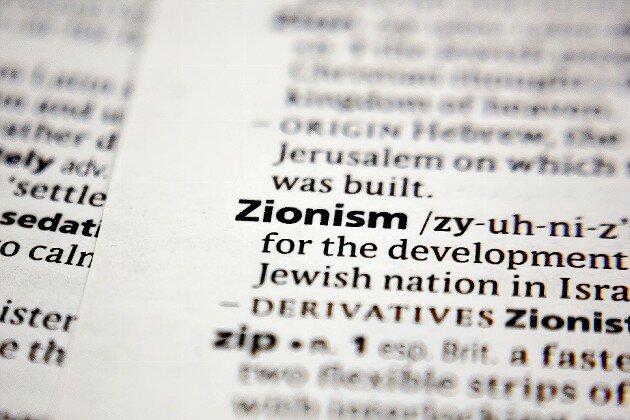Zionism 101: Just the facts
Send this clippable backgrounder to your friends
Zionism is the movement for the self-determination and statehood for the Jewish people in their ancestral homeland, the land of Israel. The vast majority of Jews around the world feel a connection or kinship with Israel, whether or not they explicitly identify as Zionists, and regardless of their opinions on the policies of the Israeli government.
While there has been a continuous Jewish presence in the land of Israel over the millennia, the yearning to return to Zion, the biblical term for both the land of Israel and Jerusalem, has been a cornerstone of Jewish communal life since the Romans violently colonized the land, sending Jews into exile 2,000 years ago.
An earlier exile by the Babylonians produced perhaps the most well-known lamentation — “By the rivers of Babylon, there we wept as we remembered Zion.” That connection between Jews and the land, and the hope for repatriation, is deeply embedded in Jewish prayer, ritual, literature and culture.
What is known as modern Zionism emerged in the mid-19th century in tandem with the rise of the nation-state and widespread national liberation movements across Europe. In the case of the Jews, it was also in response to a long history of intense anti-Jewish hatred, persecution, and discrimination in countries and societies across the world where Jews lived, including in Europe, the Middle East, and North Africa.
Its advocates believed that a modern Jewish state would provide Jews with a safe haven from the bigotry and endangerment they suffered perennially as a minority culture among non-Jewish majority cultures, and ensure that Jews have the same right to nationhood and self-determination as any other people, along with the same protections that are typically afforded to other nations.
Zionism was also a cultural and national renaissance movement which sought to enable the Jewish people to revive their language, Hebrew, and reestablish self-determination over their traditions, culture, religion and education.
In the late 1800s, the “father” of modern Zionism, Austrian journalist Theodor Herzl, consolidated various strands of Zionist thought into an organized political movement, advocating for international recognition of an independent and sovereign Jewish state in the land of Israel.
Today, with a Jewish sovereign state a reality, Zionists believe in and support the right of the democratic State of Israel to exist as a Jewish homeland. Israel is the only Jewish state in the world. Being a Zionist is distinct from supporting the policies of the government of Israel.
Zionism is a big tent movement that includes those across the spectrum from progressives, moderates and conservatives and those who are apolitical. There are Zionists who are critical of Israeli policies, just as there are Zionists who rarely voice disagreement with the Israeli government.
There are diverse views among Zionists about the Israeli-Palestinian conflict, about how to promote peace, whether to support a two-state solution, and about approaches to Israeli settlements. Being critical of Israeli policies is no more anti-Zionist than being critical of American policies is anti-American.
Zionism does not preclude support for Palestinian self-determination and statehood. For some Zionists, support for a two-state solution is the realization of self-determination for Jews and Palestinians alike.
There are also millions of non-Jews who consider themselves Zionists and supporters of the Jewish state, who are motivated by factors including religion, history, security or politics.
Need more facts? Also read this —

 43.0°,
Partly Cloudy
43.0°,
Partly Cloudy 







